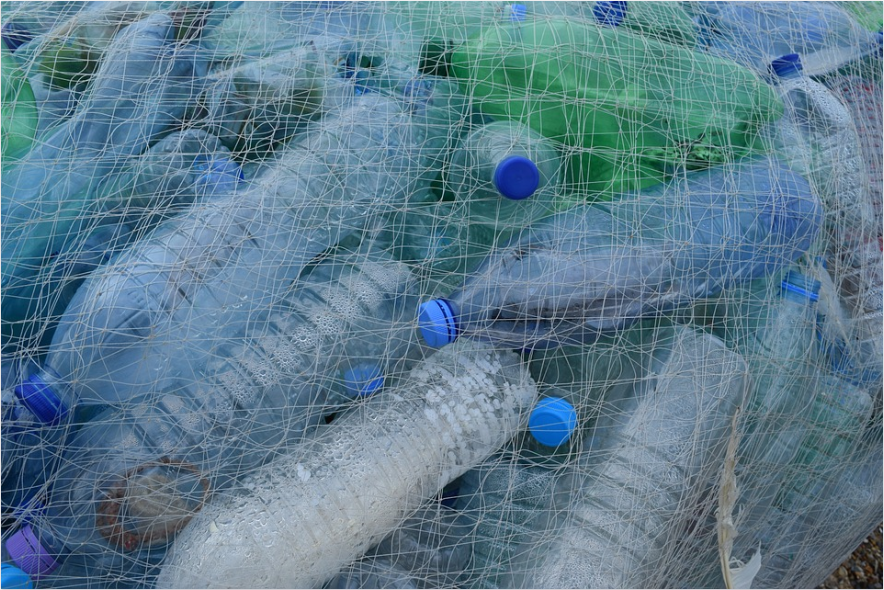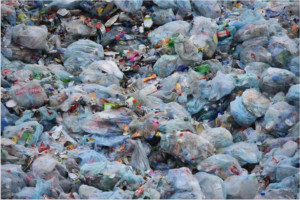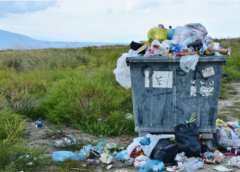As the fight against plastic waste intensifies worldwide, companies selling plastic alternatives and re-purposing plastic waste have emerged. These efforts are often legitimately sustainable and suggest a viable path toward a zero-waste future, such as tote bags that replace single-use plastic bags.
Sometimes, however, what seems groundbreaking sustainable at first glance is not so green upon closer inspection. In this article, we’re looking at some plastic alternatives that are either harmful to the environment or are not yet mature enough to be celebrated in their product life cycle.
Water Bottles
In recent decades, scientists have rushed to find more disposable plastic water bottles and created some prototypes, often derived from plants, which are supposed to be degraded in nature and pose no danger to animals. However, these efforts have some problems. Plastic bottles can often only distract from highly controlled environments.

Essentially they require an environment with heating levels high enough to allow microbes to degrade the polymer. Still, this degradation is not possible from a strictly controlled environment and is probably end to happen. Further, these bottles do nothing to break the reigning paradigm of single-use plastics.
Plastic Bags
 The vast mass of these bags ends up in landfills or disturbs the environment, injuring nature and the animals. Meanwhile, the production of paper bags often contributes to deforestation and is not necessarily a sustainable option. Some companies claim that their disposable, biodegradable plastic bags are safe for animals to eat, but these claims are false. Research has basically found that the decomposition of bio-plastics in sea turtles’ innards is no different from plastic.
The vast mass of these bags ends up in landfills or disturbs the environment, injuring nature and the animals. Meanwhile, the production of paper bags often contributes to deforestation and is not necessarily a sustainable option. Some companies claim that their disposable, biodegradable plastic bags are safe for animals to eat, but these claims are false. Research has basically found that the decomposition of bio-plastics in sea turtles’ innards is no different from plastic.
Although these plastic bags can sometimes be composite in perfect conditions, they too often end up in landfills or ecosystems where they release greenhouse gas emissions into the environment. And at the end of the day, these bags are not sustainable.
Bamboo Straws
Americans alone consume about 170 million disposable plastic straws per day, and because plastic straws are too thin to be recycled, they end up in landfills or the environment. For most environmental helpers, plastic straws are just a gateway for people who want to learn more about sustainable options, like other types of plastic, such as fish bait, cause more damage to marine life.
However, in a rush to replace disposable straws, many seemingly sustainable options have emerged. Bamboo straws, in particular, are trendy, but both are often unsustainable. Some bamboo materials are being marketed as naturally organic bamboo, only to learn that this bamboo stuff looks and feels plastic. And it is 15% bamboo powder, maybe 20% cornstarch, and then 60% resin, a chemically formed plastic containing formaldehyde.
